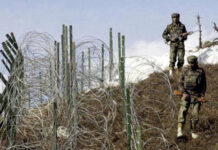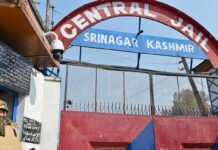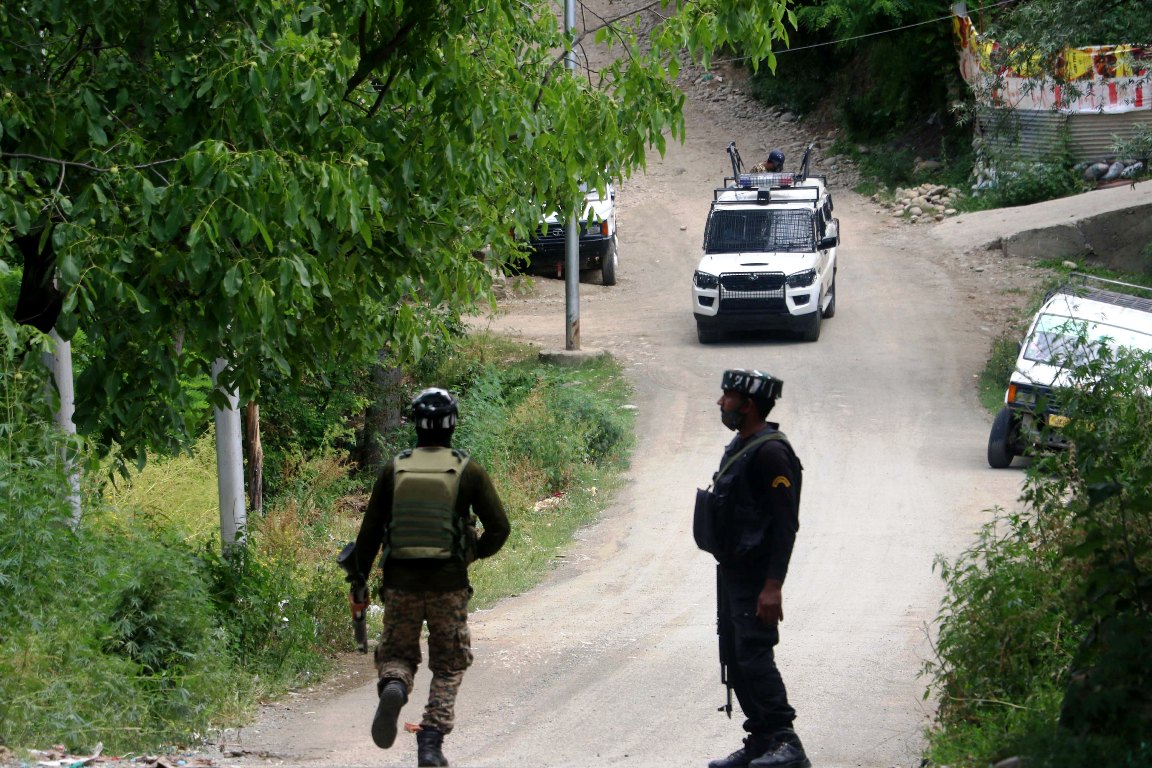SRINAGAR: The political class in Jammu and Kashmir has strongly reacted to the centre’s failure in offering any schedule for holding elevations in Jammu and Kashmir and restoring statehood. The response came after top government counsel, Solicitor General Tushar Mehta told the Constitution Bench hearing the Article 370 petitions that the government is ready for polls but the time for restoration of statehood will take time.
This statement sparked strong reactions from regional political leaders.
Sajad Lone, the President of the Jammu and Kashmir People’s Conference (JKPC), expressed his disappointment, stating that the statement closely resembled the one presented in the Parliament back in 2019. He critiqued the lack of a specific timeline in the government’s assertion, suggesting that the court was inundated with political arguments rather than strictly legal ones.
Lone further questioned whether the government’s arguments about development and unemployment could be applied to any underperforming state across India, potentially leading to their conversion into Union territories. He regarded these arguments as flawed and hoped for a resolution based on legal foundations.
Imran Nabi Dar, spokesperson of the Jammu and Kashmir National Conference (JKNC) told reporters that the Solicitor General’s statement aimed to downplay the central issue by reducing it to a mere call for elections. Despite their consistent stand, he emphasised that the restoration of democratic rights should not face further delays. He considered the statement unremarkable, echoing the government’s long-standing assertions.
Suhail Bukhari, spokesperson of the People’s Democratic Party (PDP), emphasised that while elections and statehood were important components of the region’s rights, they were not the primary focus. He reiterated that the fundamental issue remained the revocation of Article 370 and 35A. Bukhari pointed out that the Supreme Court’s Chief Justice had clarified the scope of the matter. He also expressed reservations about the impartiality of the Election Commission of India, viewing it as influenced by the Bharatiya Janata Party (BJP).
Bukhari concluded with hope for a timely and just resolution from the apex court.














